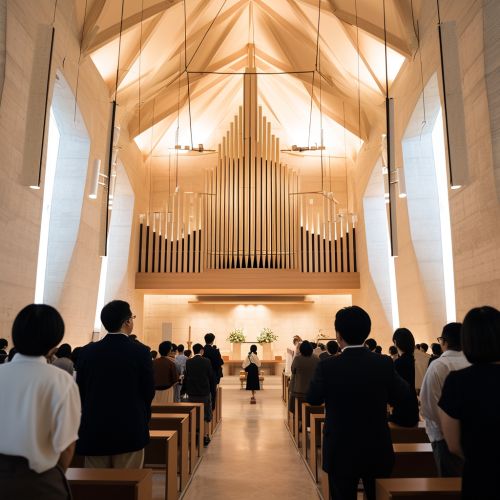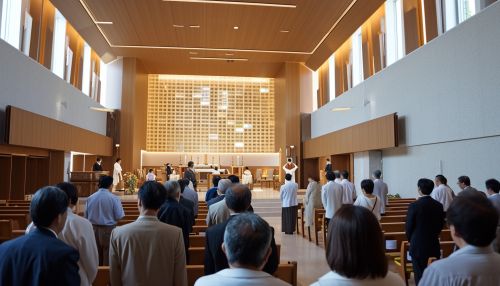History of Christianity
Early Christianity (1st–3rd century)
The earliest followers of Jesus were a sect of Jews, which historians refer to as Jewish Christianity. The first part of the period, during the lifetimes of the Twelve Apostles, is called the Apostolic Age. The Great Commission, as described in the final chapter of the Gospel of Matthew, commenced the spread of Christianity.
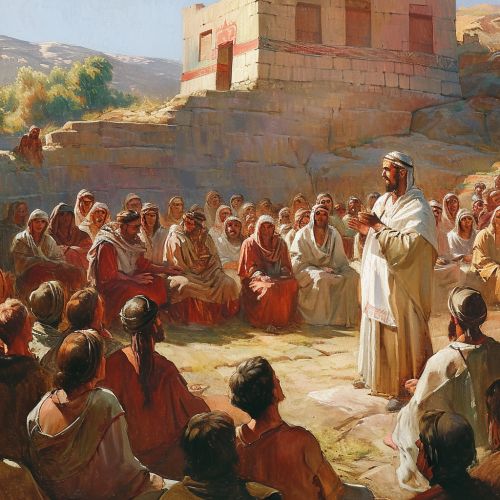
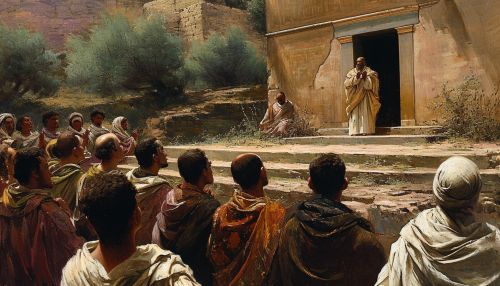
The Ante-Nicene Period (literally before Nicaea) was the period following the Apostolic Age down to the First Council of Nicaea in AD 325. This period of Christian history had complex interactions with the Roman Empire, which were not always positive. The early Christians faced persecution from the empire and other sources, leading to a period of martyrdom for many.
Late Antiquity and the Early Middle Ages (4th–8th century)
The Edict of Milan in 313 AD was a turning point for Christianity. It legalized Christianity and allowed for freedom of worship throughout the Roman Empire. This was followed by the First Council of Nicaea in 325 AD, which was the first ecumenical council and attempted to attain consensus in the church through an assembly representing all of Christendom.
The period of the Early Middle Ages saw a continuation of the Christianization of the West. The spread of Christianity was often carried out by monks and missionaries, and it was also aided by the political power of Christian emperors and kings.
High Middle Ages (9th–13th century)
The High Middle Ages saw a flourishing of Christian philosophy, particularly in Western Europe. The period saw the rise of scholasticism, a method of learning that placed a strong emphasis on dialectical reasoning. Theologians such as Thomas Aquinas and philosophers such as John Duns Scotus were leading figures in this movement.
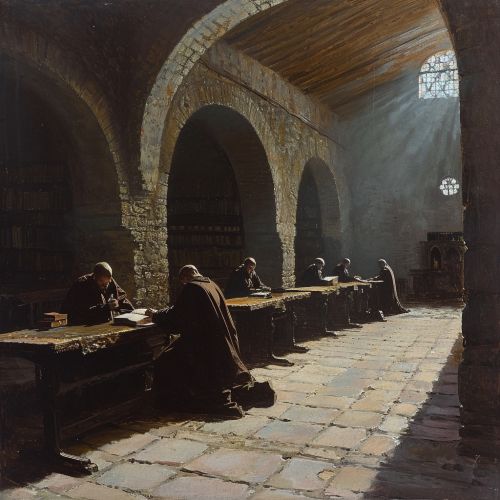
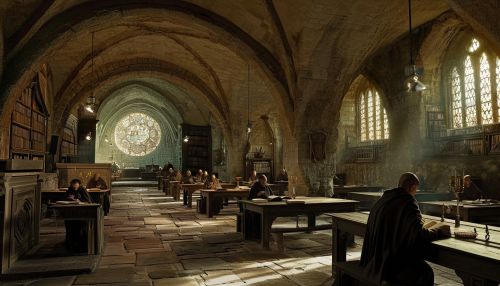
Late Middle Ages and the Early Modern Period (14th–16th century)
The Late Middle Ages was a period of crisis and upheaval for Christianity. The Great Schism split the church into a western Catholic branch and an eastern Orthodox branch. The period also saw the rise of humanism, a cultural and intellectual movement that emphasized human potential and achievements.
The Early Modern Period was marked by the Protestant Reformation, a major schism within Christianity initiated by Martin Luther, John Calvin, and other early Protestants. The Reformation led to the creation of numerous Protestant denominations and had a profound impact on the religious, political, and social life of the time.
Modern Christianity (17th century–present)
The Enlightenment of the 17th and 18th centuries posed significant challenges to Christianity. Rationalism, skepticism, and the scientific revolution called into question many traditional Christian teachings and practices.
In the 20th and 21st centuries, Christianity has faced numerous challenges and changes. The rise of secularism, the impact of science, and the issues of sexuality and gender have all posed significant questions for Christian theology and practice.
